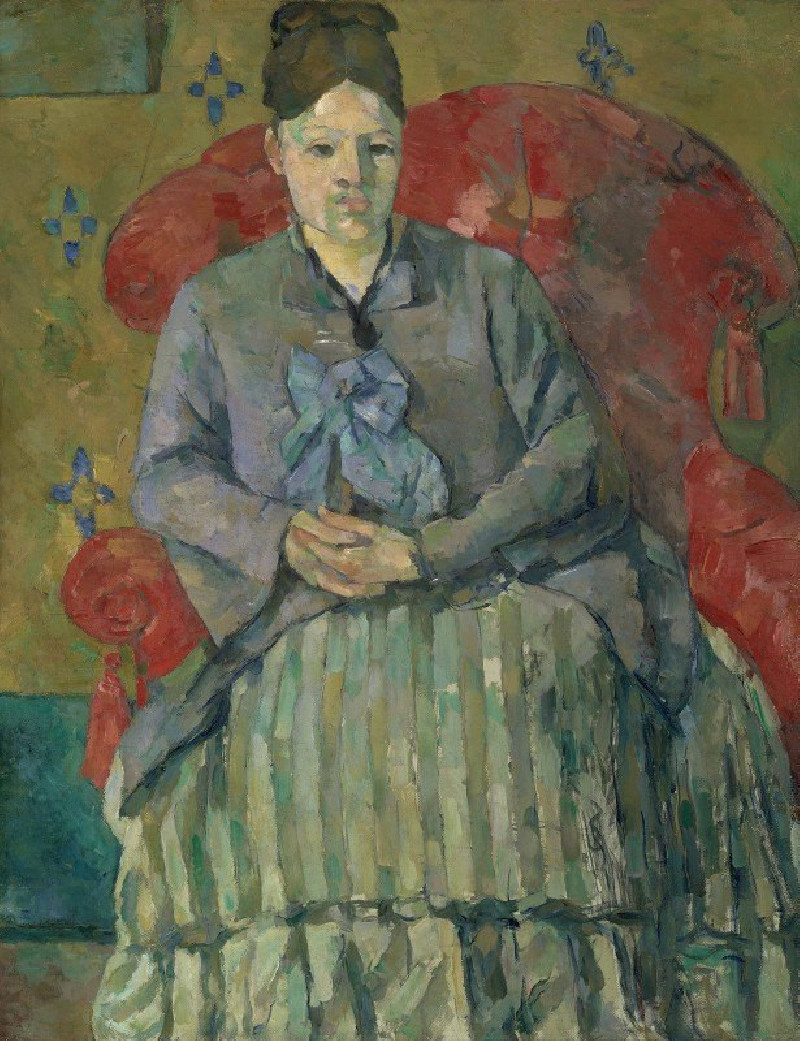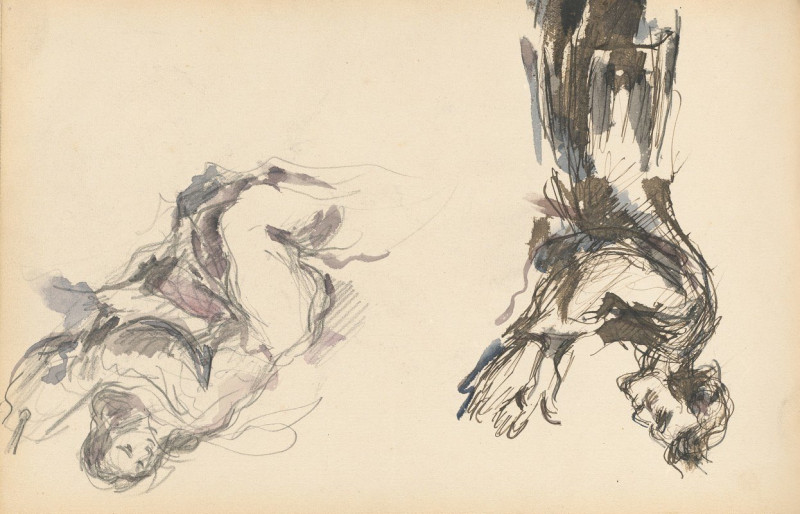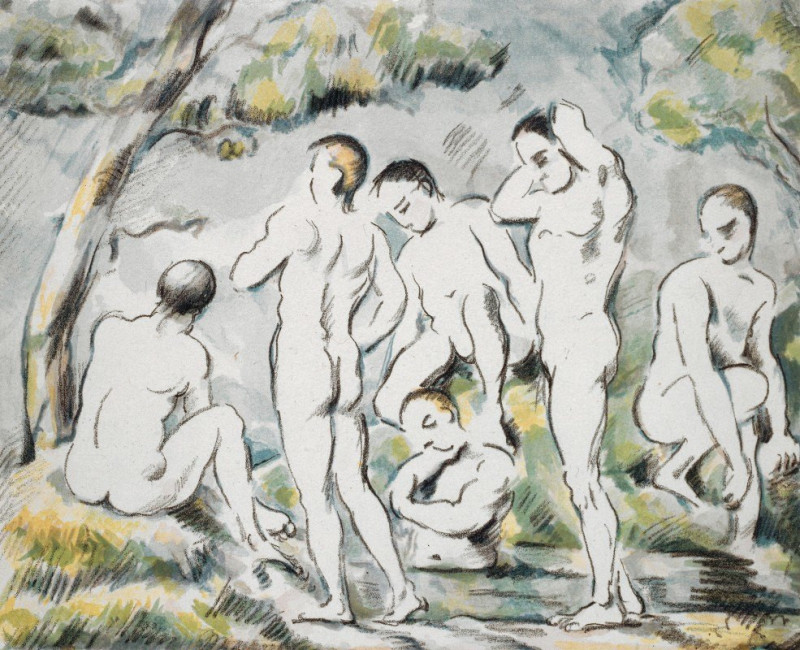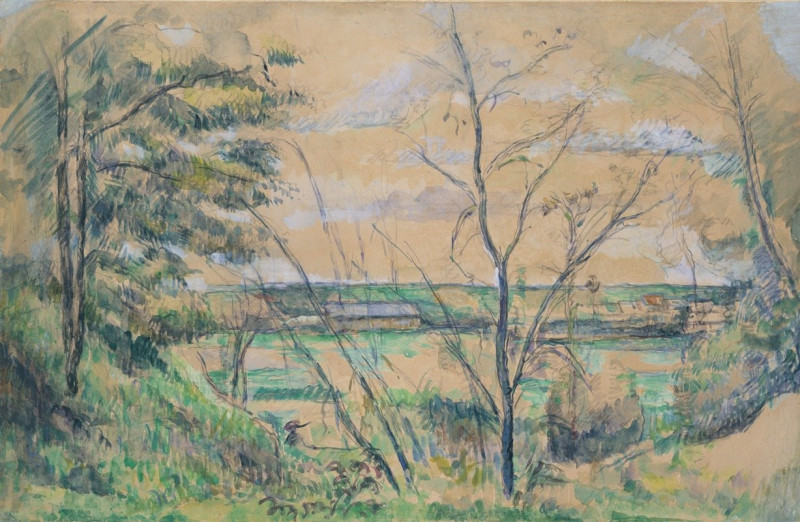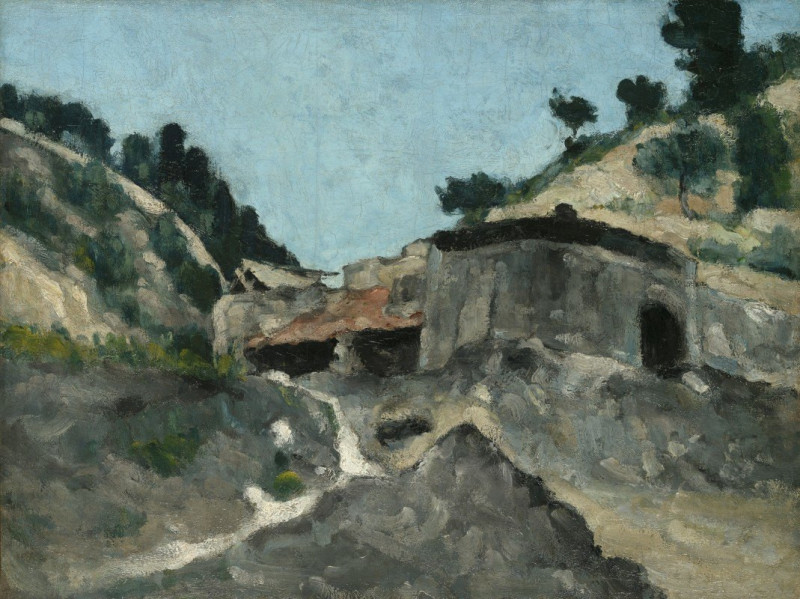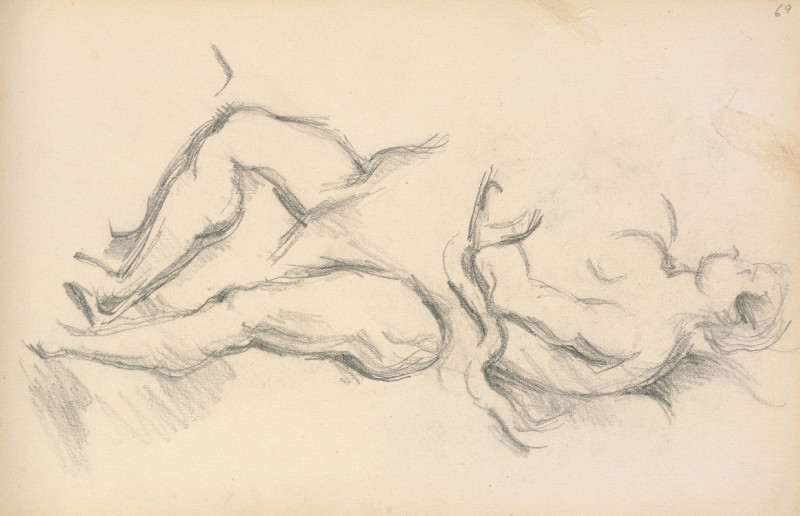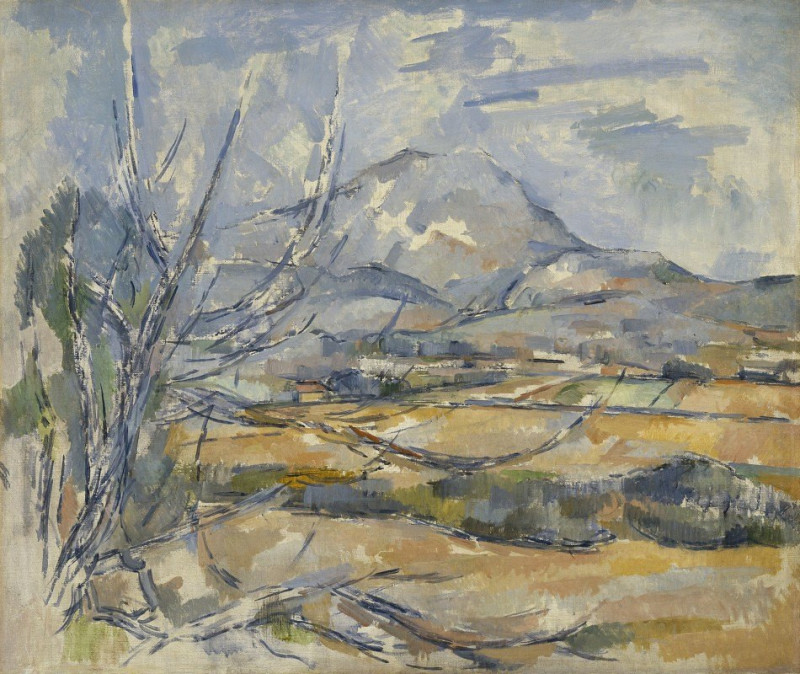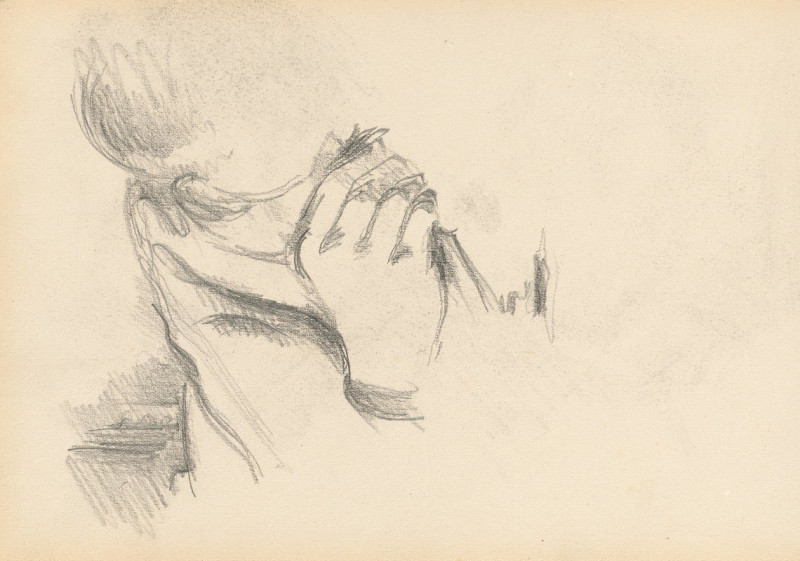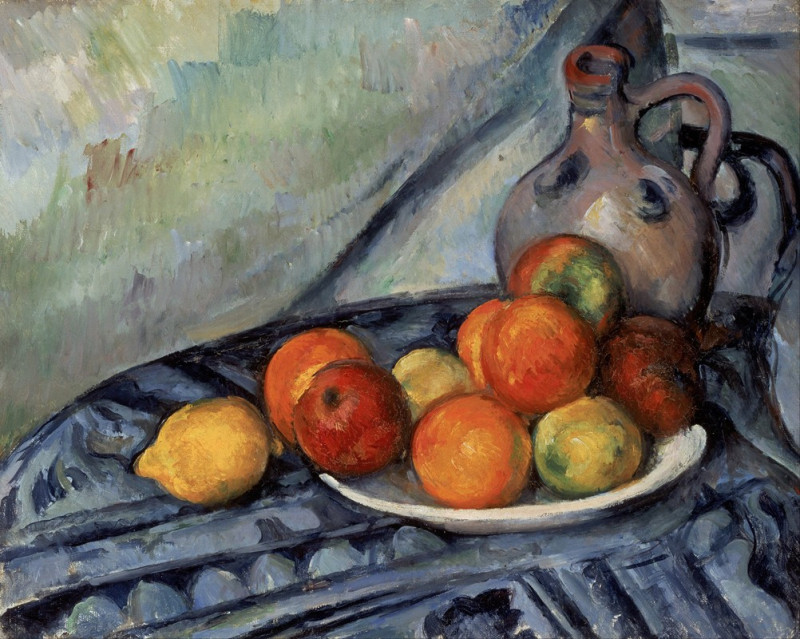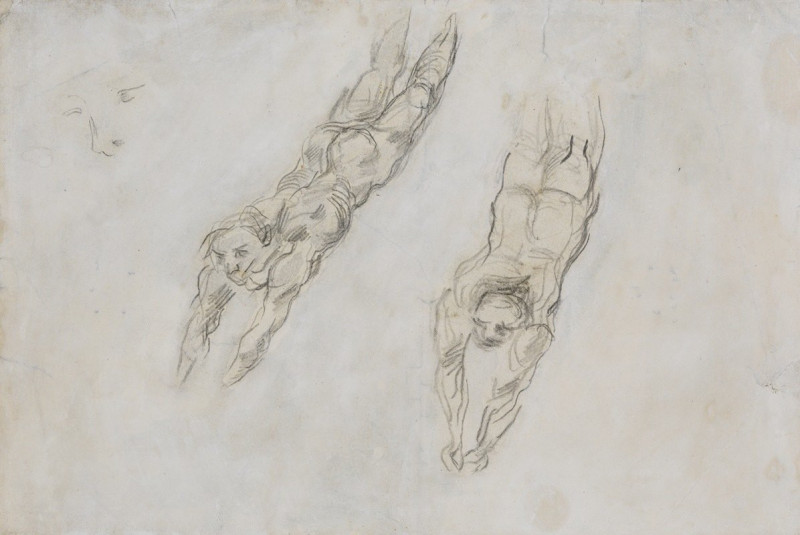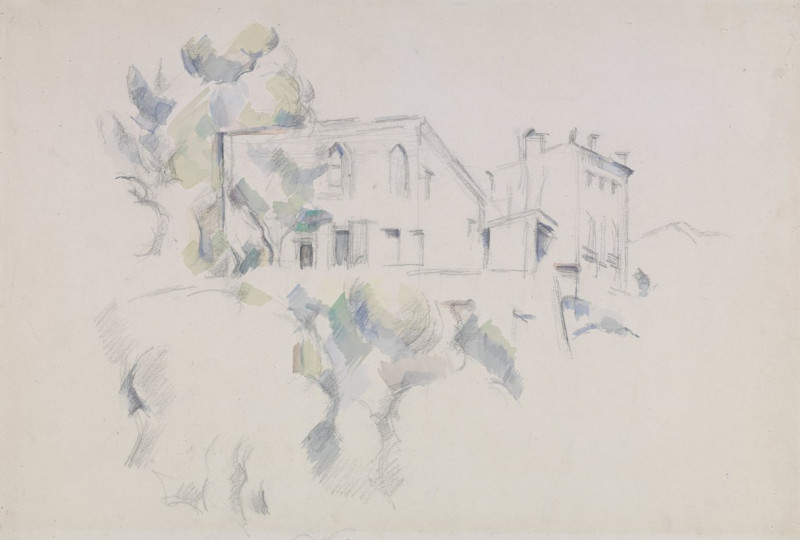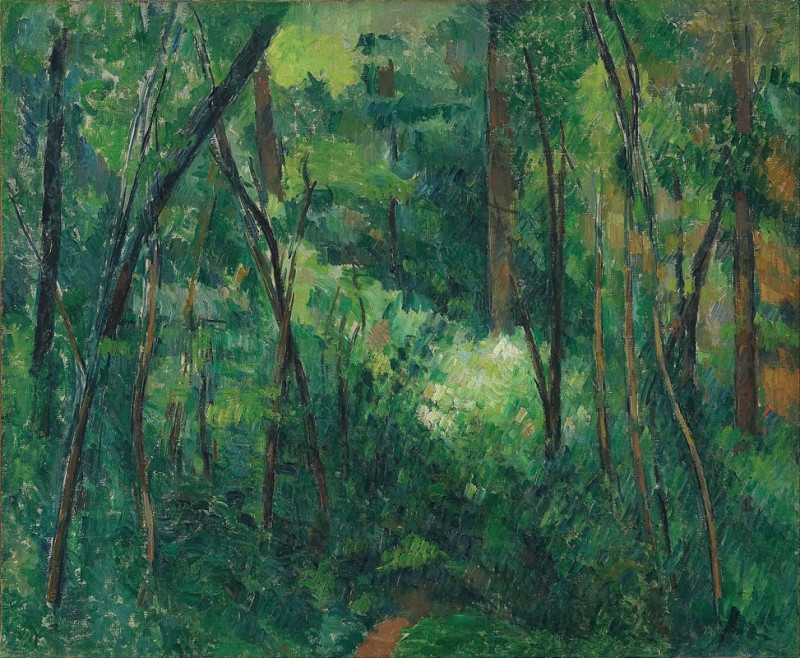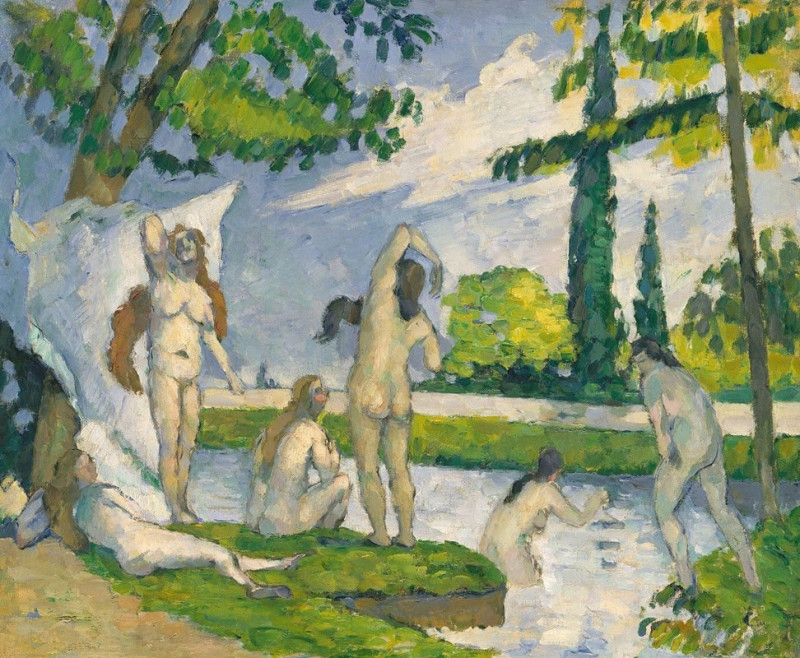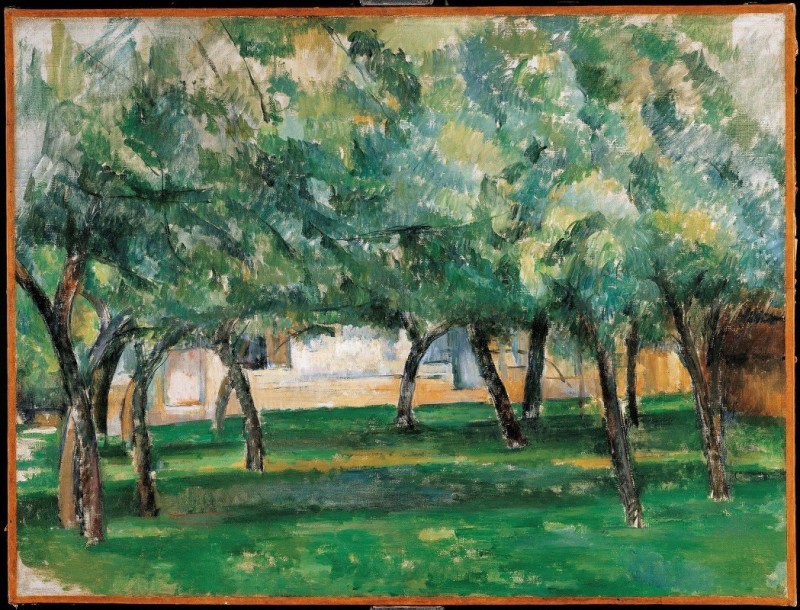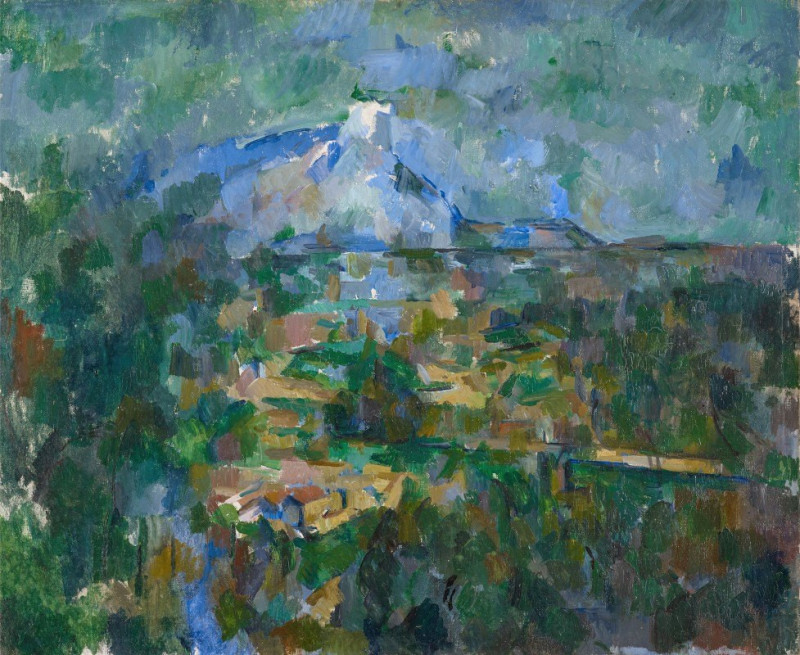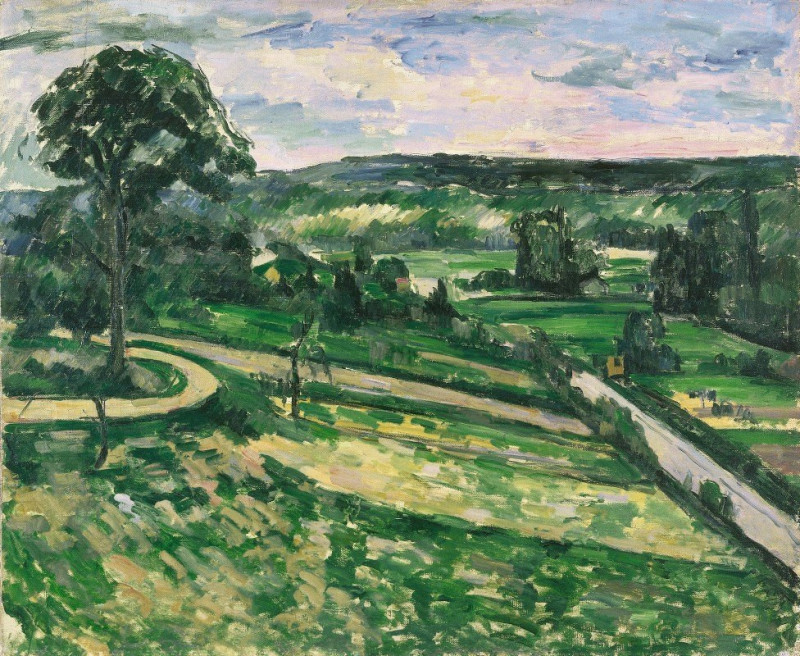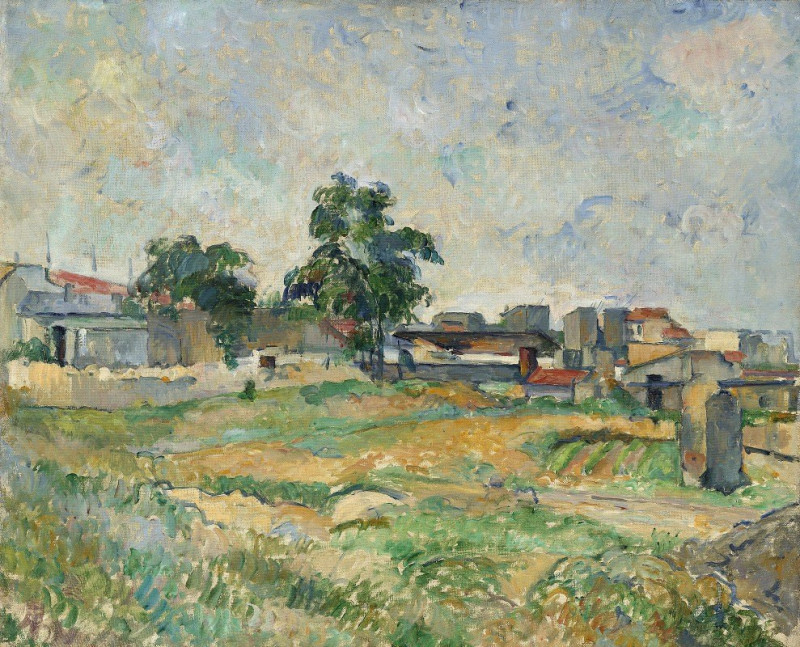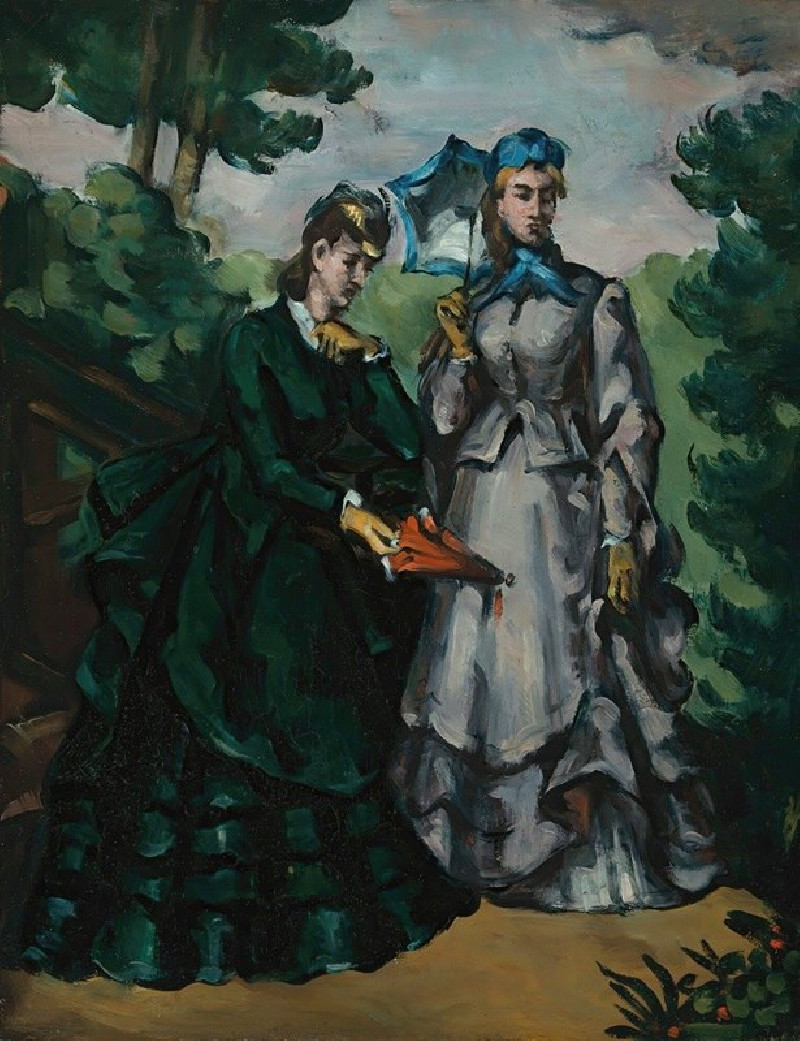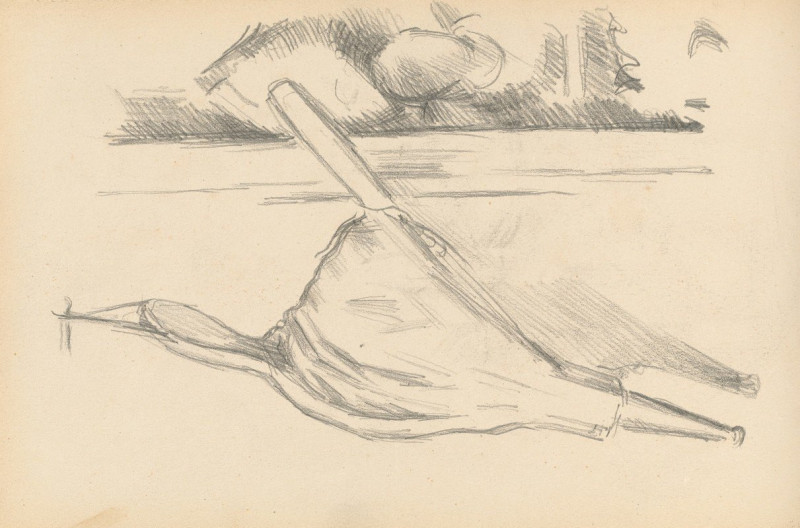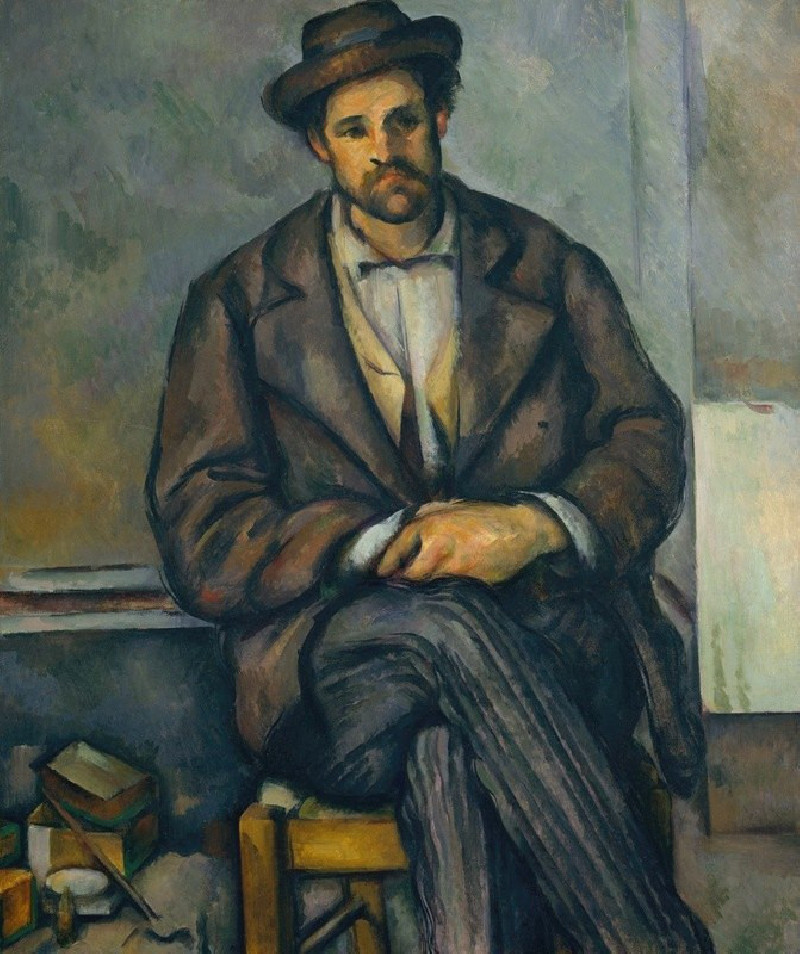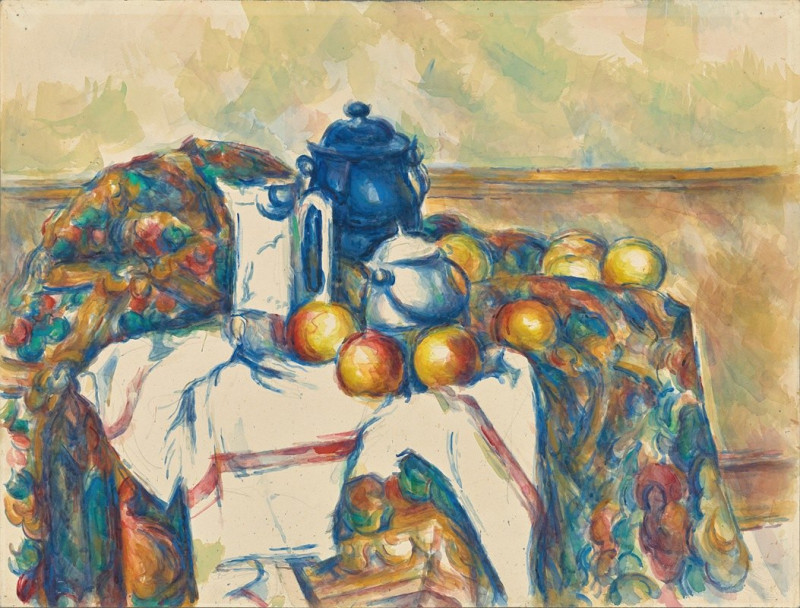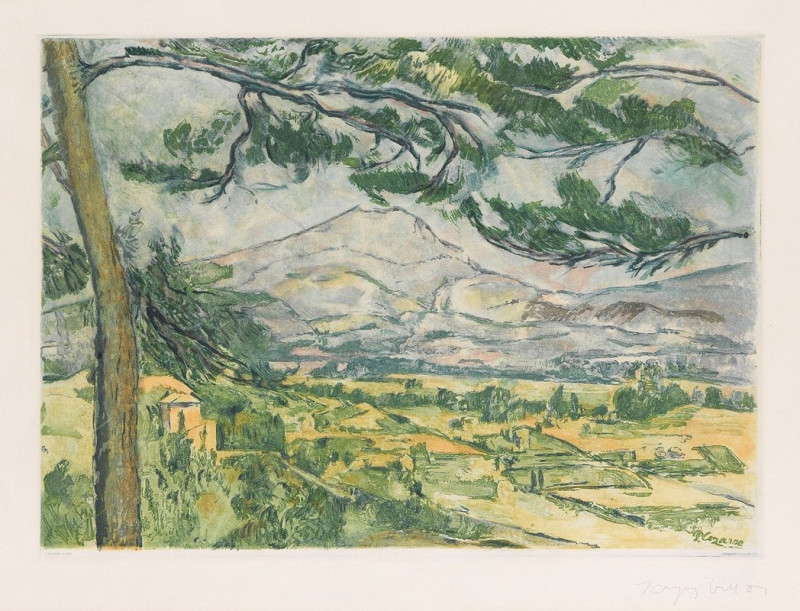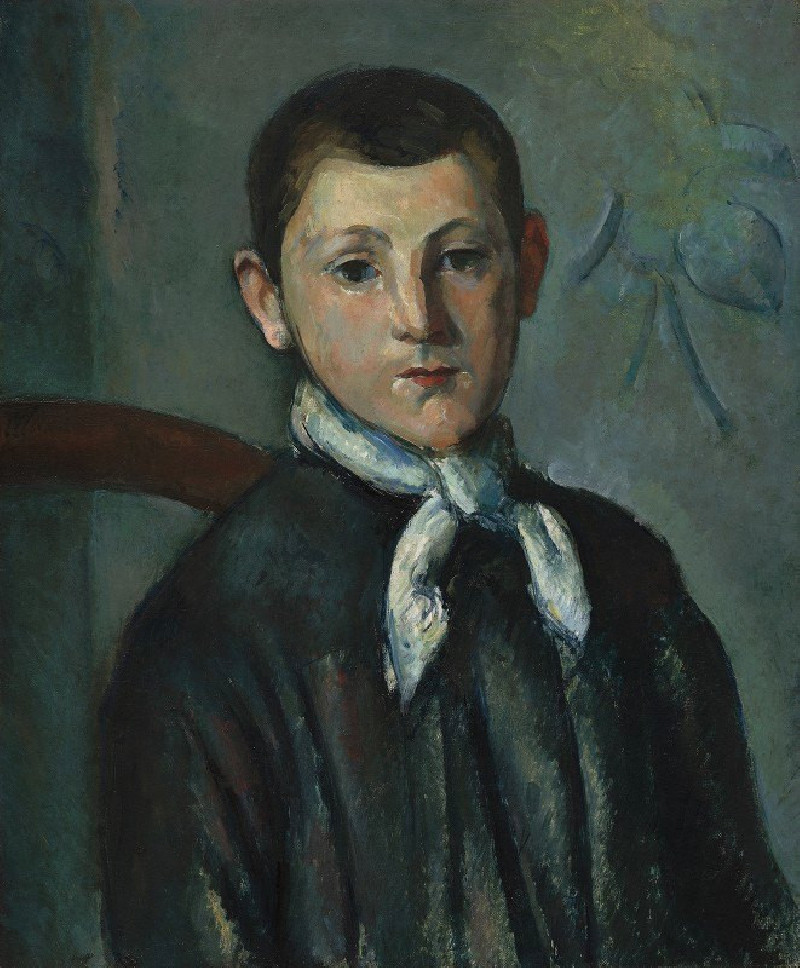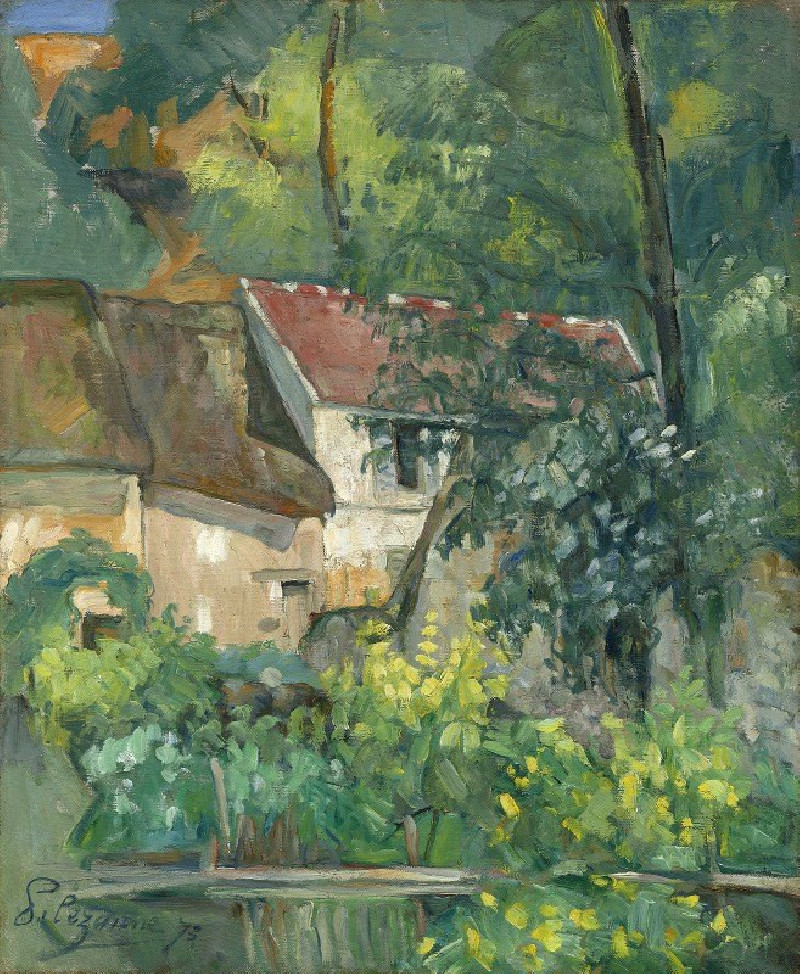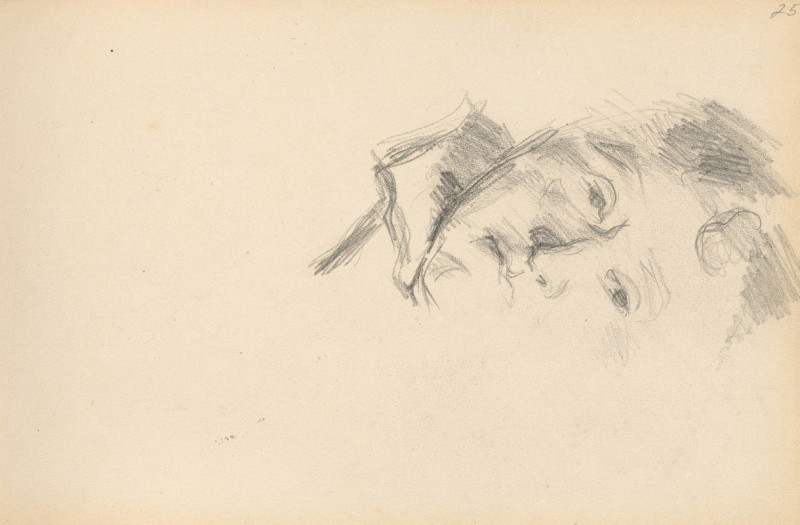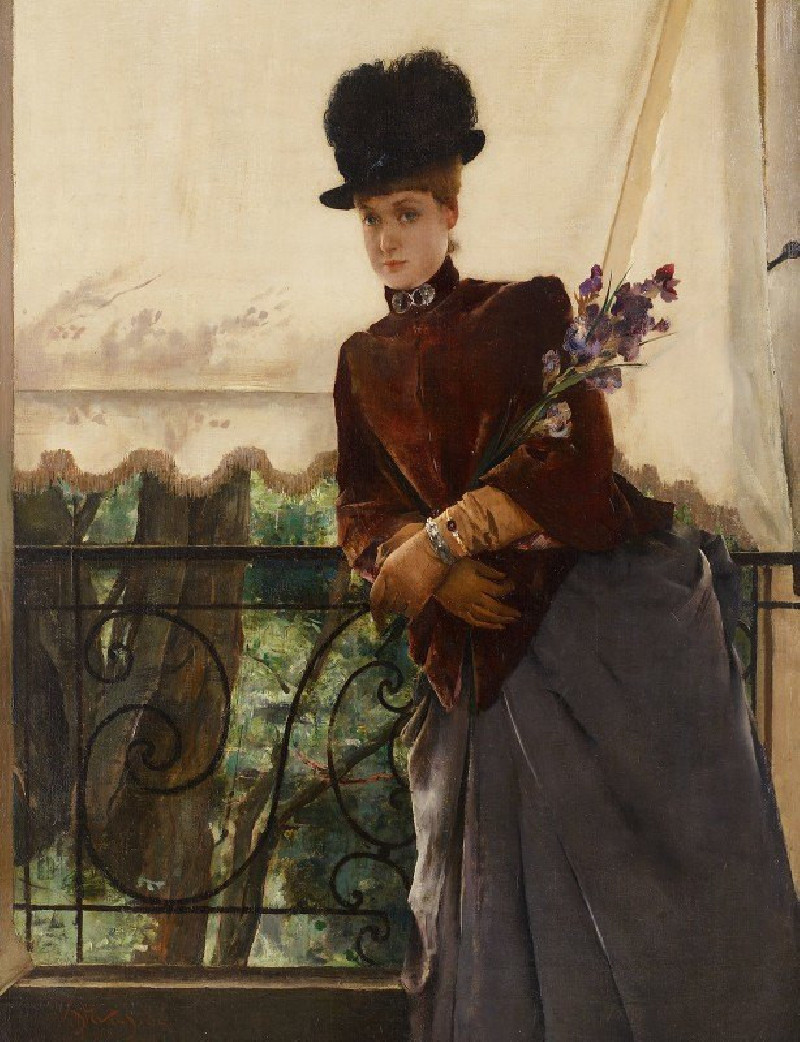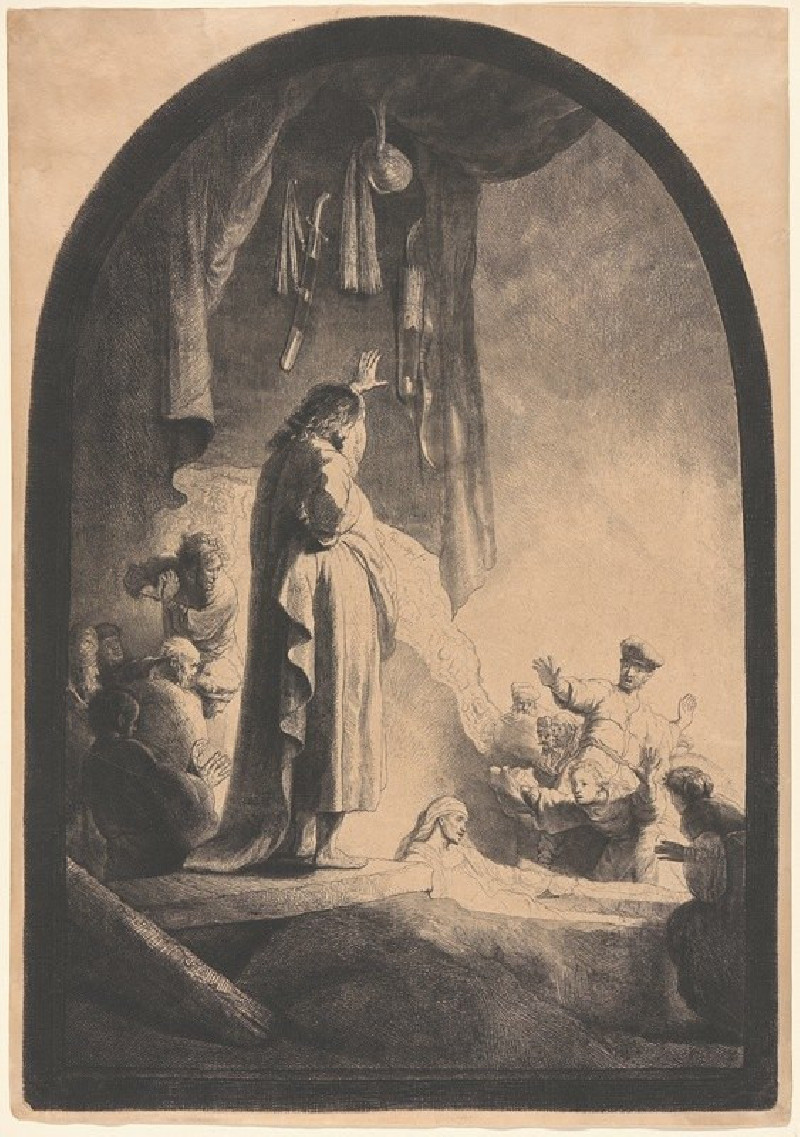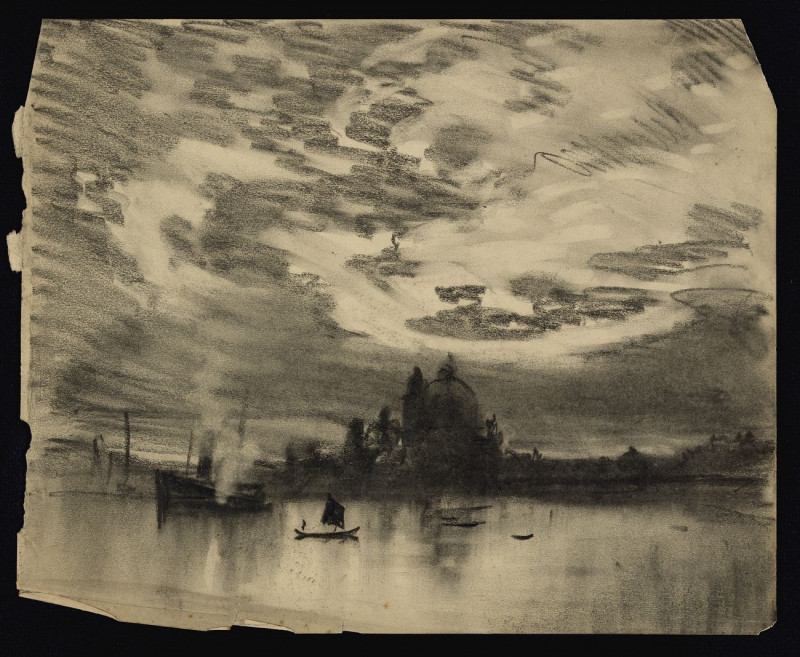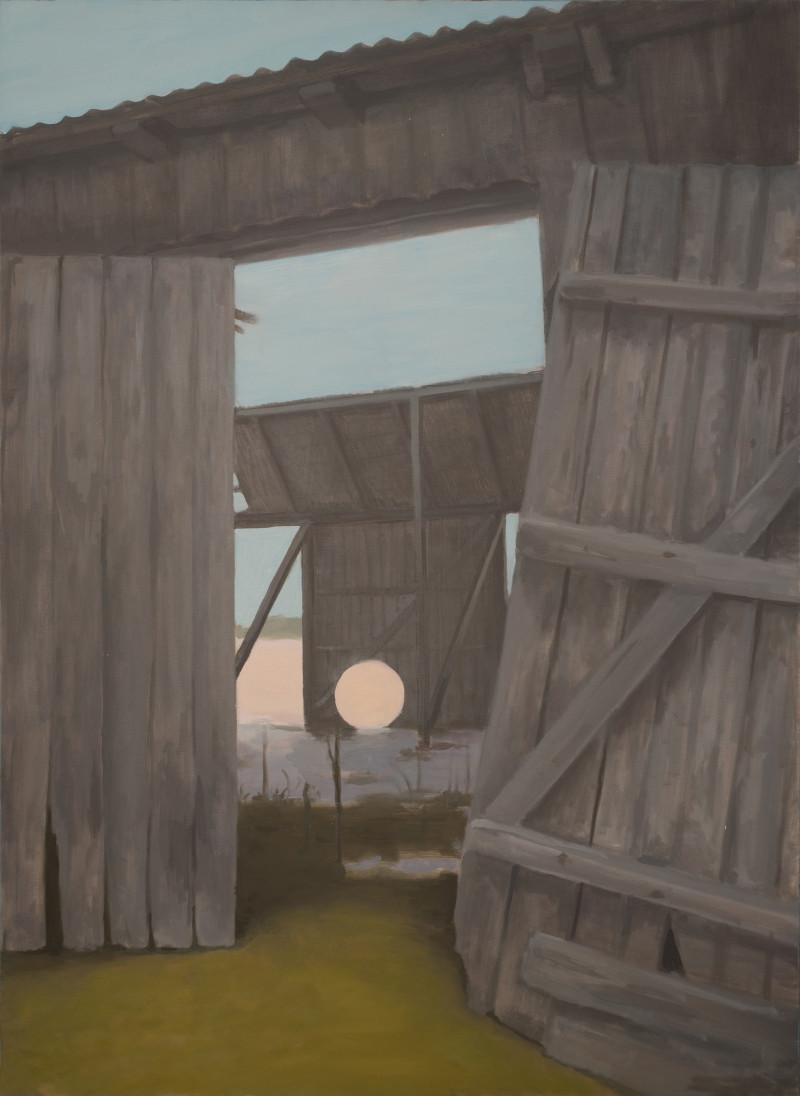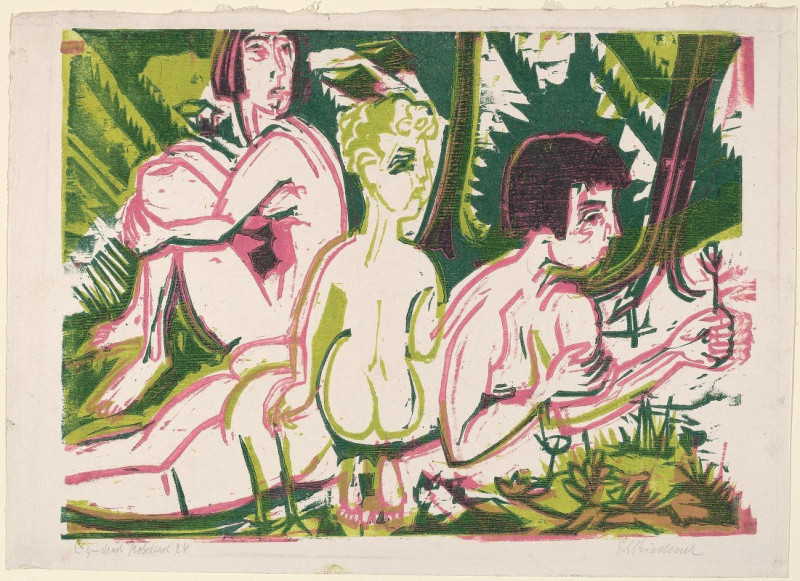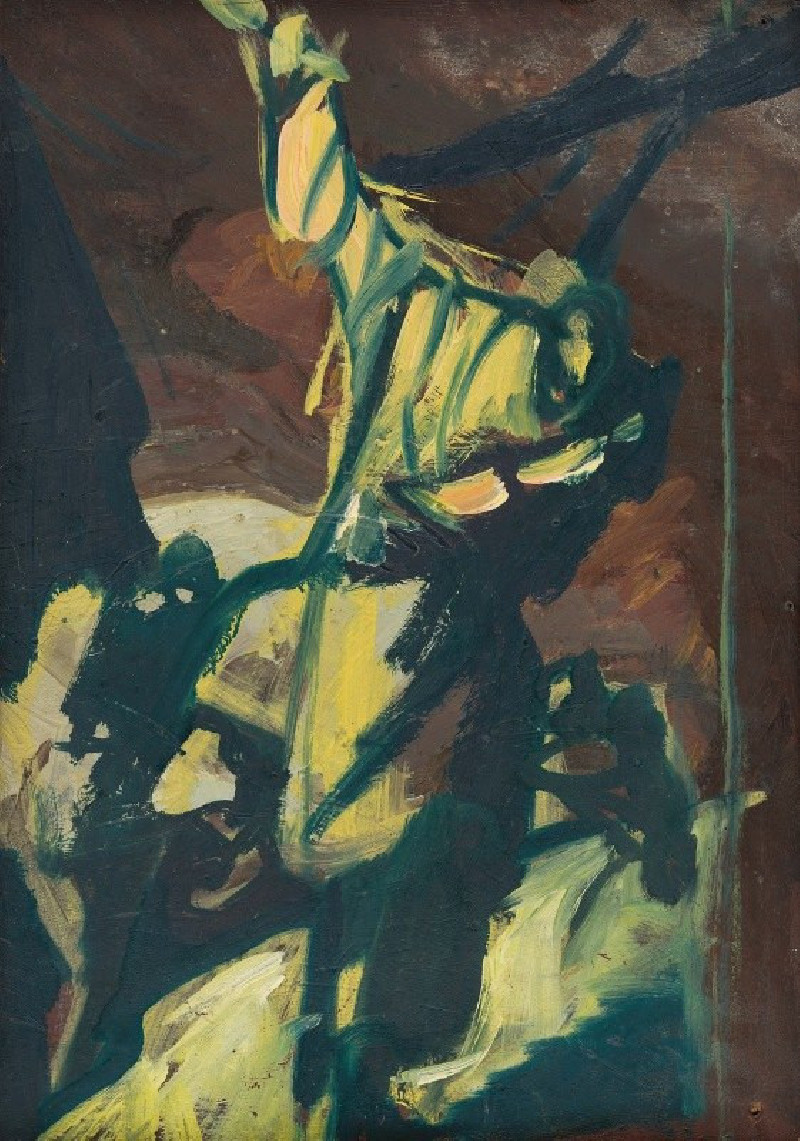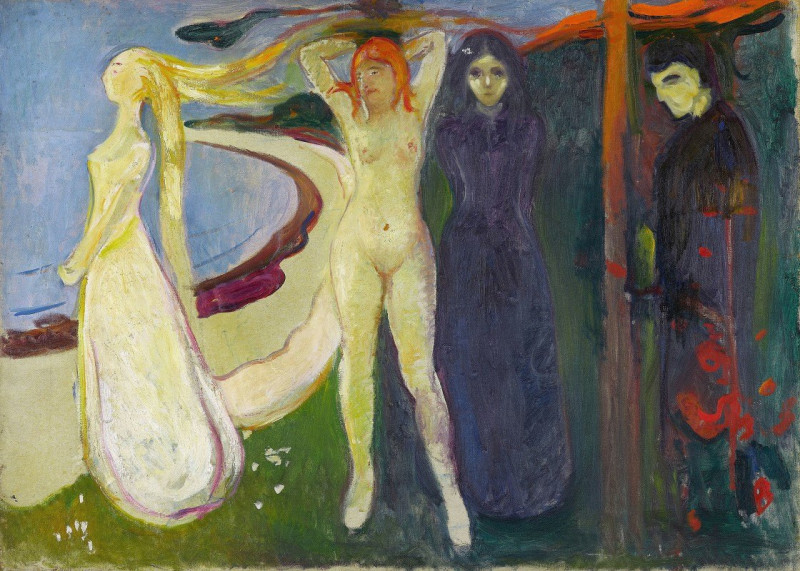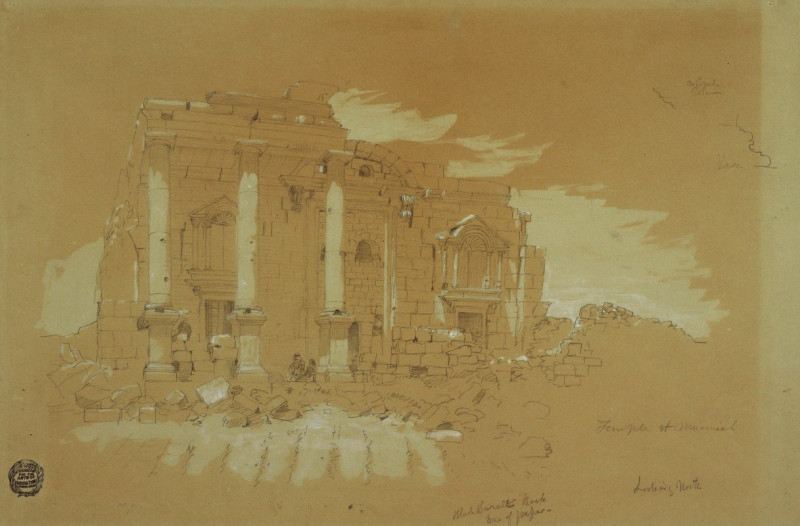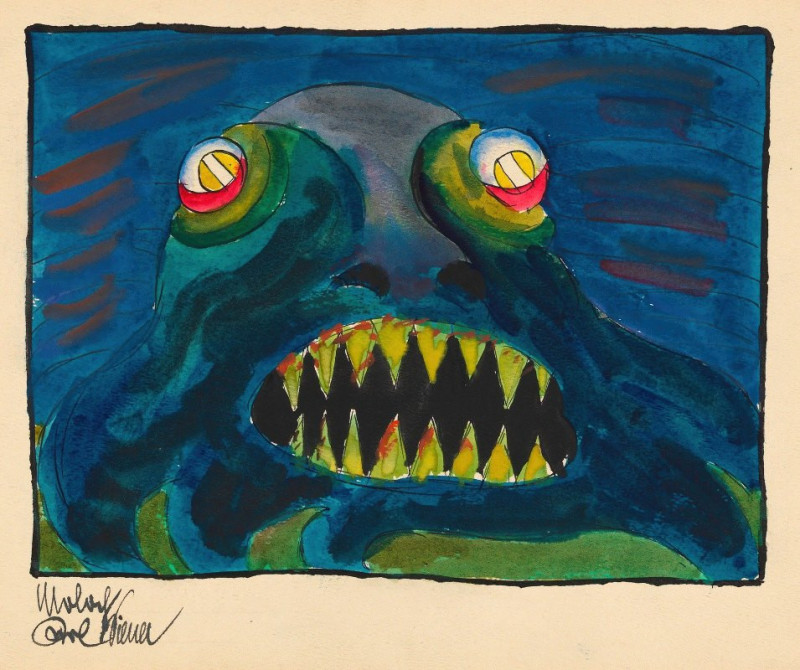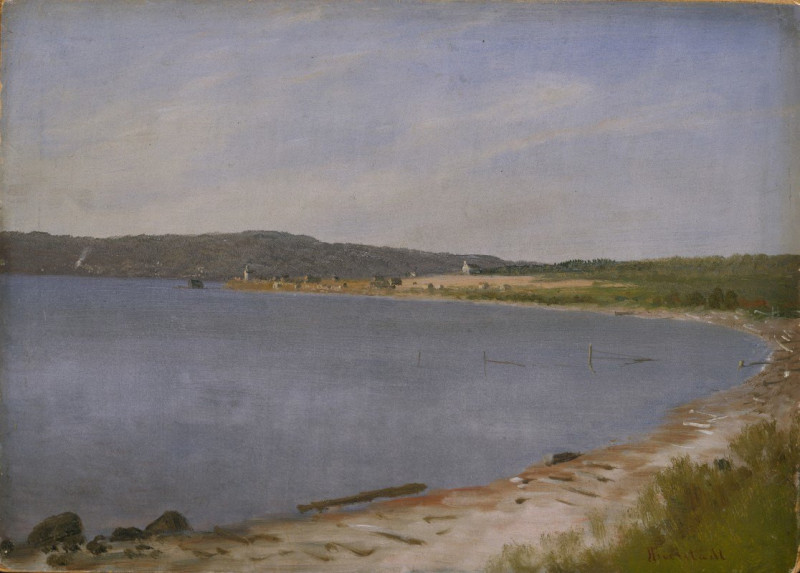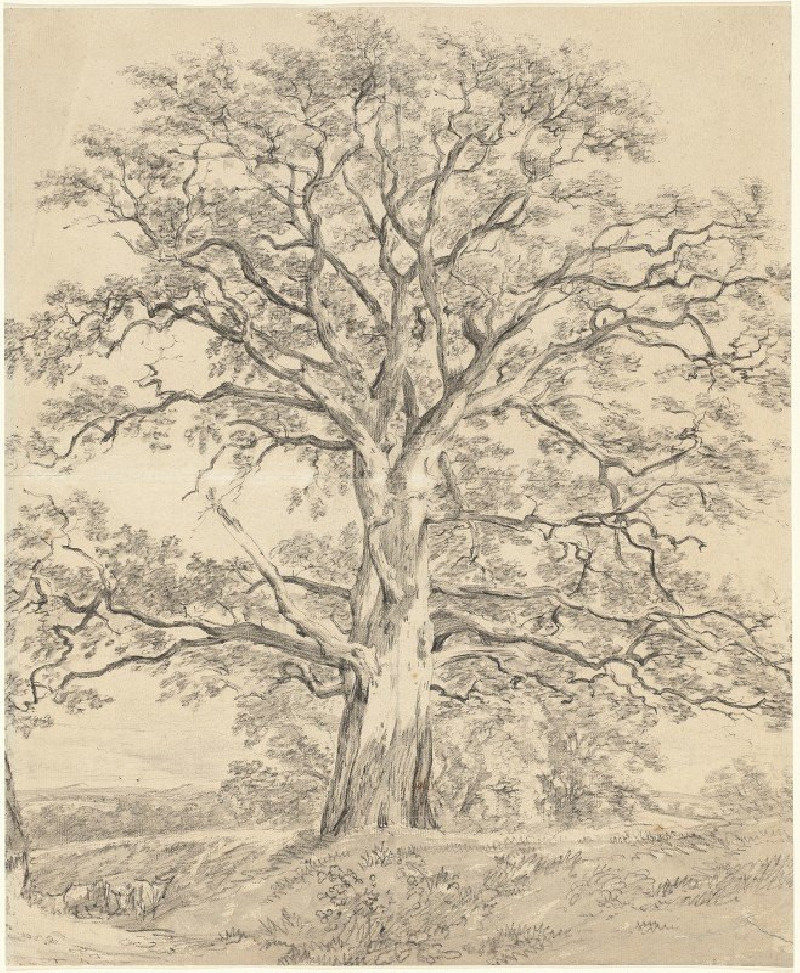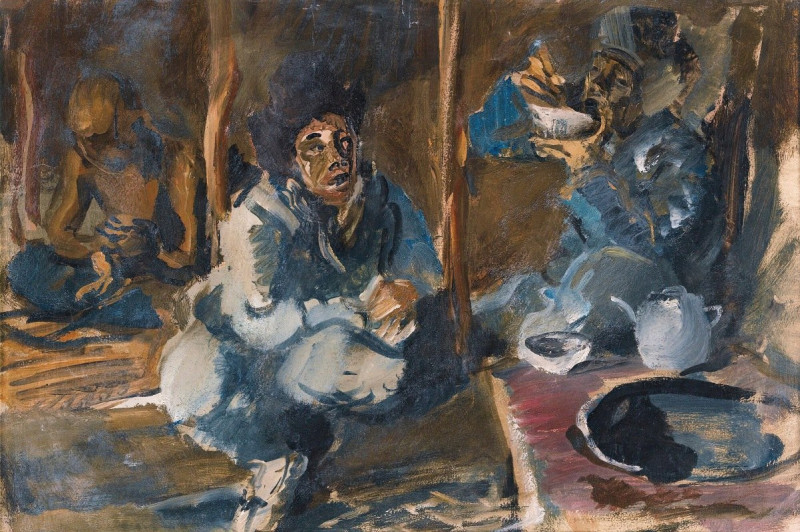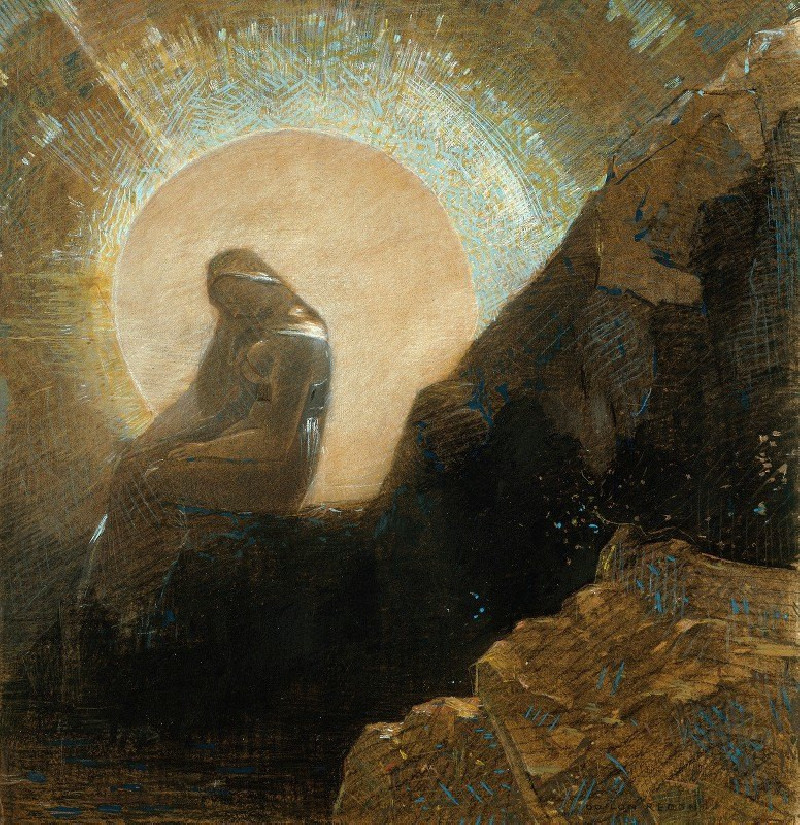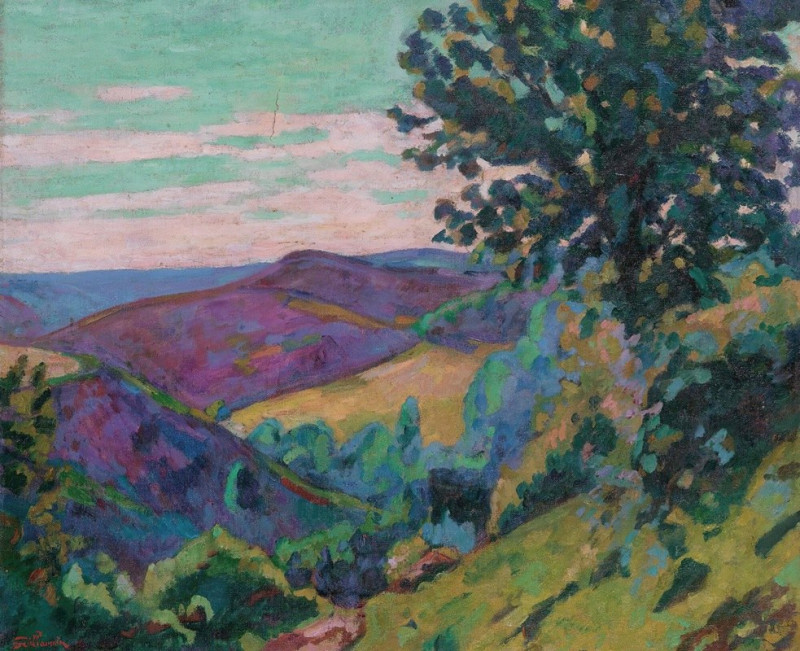Study for ‘The Judgement of Paris’ or ‘The Amorous Shepherd’ (1883-1886)
Technique: Giclée quality print
Recommended by our customers
More about this artwork
Paul Cézanne, a pivotal figure in the transition from 19th-century impressionism to 20th-century cubism, provides a fascinating glimpse into his artistic process with his graphite sketch, titled Study for ‘The Judgement of Paris’ or ‘The Amorous Shepherd’. Created between 1883 and 1886, this work is rich with dynamic movement and raw emotion, showcasing Cézanne’s skillful mastery over pencil sketches.The study appears lively and tumultuous, filled with figures that seem to be in a state of motion. The central scene depicted may reference the classical myth of the Judgement of Paris, where Paris is called to judge the most beautiful goddess among Hera, Athena, and Aphrodite, or alternatively, it might illustrate a moment from ‘The Amorous Shepherd’, depicting pastoral romantic pursuits.The sketch is a whirlwind of activity with each stroke of the pencil. The loosely defined figures blend into one another, each form suggested rather than fully delineated, offering a sense of immediacy and spontaneity. This fluidity is characteristic of many of Cézanne’s preparatory studies, where the focus is placed on capturing the essence and posture of the figures rather than their detailed accuracy.Cézanne’s use of swirling backgrounds and the interplay of light and shadow contribute to the overall dynamism of the composition. The viewer is drawn into a narrative that feels both ancient and timeless, a testament to Cézanne’s ability to evoke narrative through mere suggestions of form.
Delivery
Reproductions are made to order and take 5 to 7 working days.
We send them out by courier and delivery takes another two working days.
If you need a reproduction sooner, please contact us - we can usually find a solution and produce it a little faster.
If you don't want to pay for postage, you can pick up your paintings at our galleries in Kaunas or Vilnius.
Returns
Yes, reproductions can be returned.
If you have any doubts more than 30 days after the date of purchase, please contact us - we will take the reproduction back for a refund or offer you a replacement!
We accept a maximum of two returns per customer - please note that we make reproductions to order, so please choose responsibly.
We do not refund shipping expenses.


